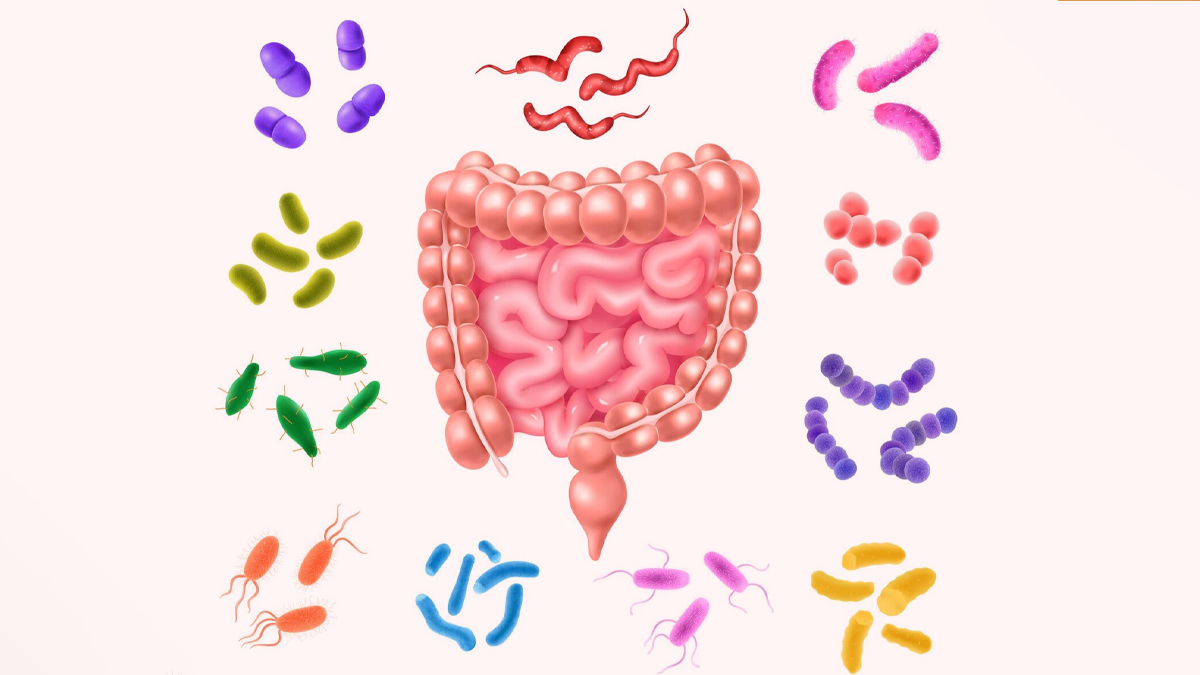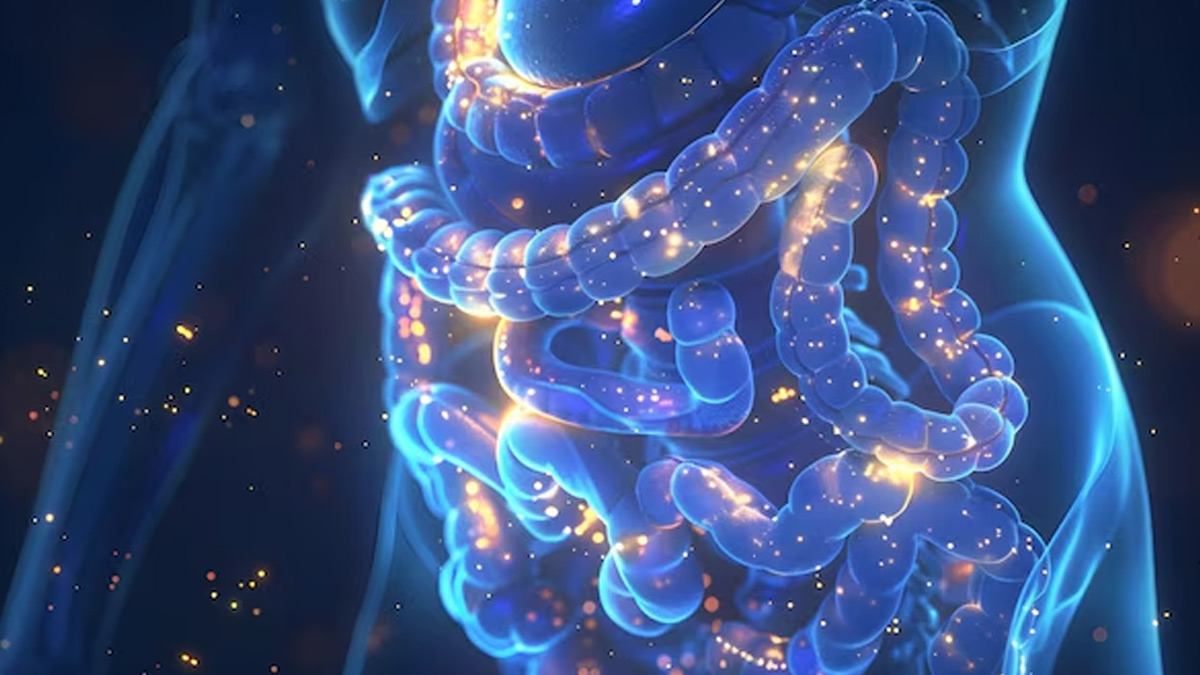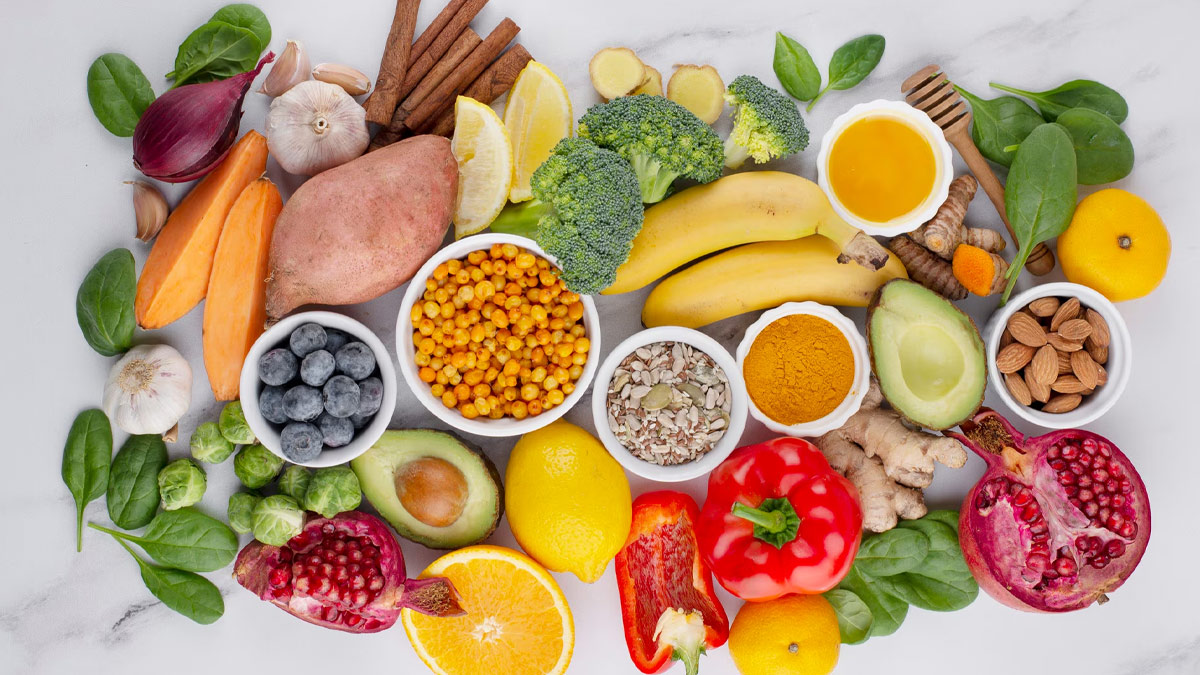
Have you ever found yourself eating the same few meals every single week because it's easy, comforting, or just part of your routine? We’ve all been there. But here’s something most of us don’t think about: your gut might be getting bored. Just as our brains need variation, so does our digestive system. When we eat the same foods over and over, it can disrupt the balance of good bacteria in our gut, and that might be slowing your digestion down without you realising it.
Table of Content:-
The Gut’s Microbial Mosaic

Your gut hosts an entire universe of microbes, trillions of them, and each has a role to play in digestion, immune defences, mental health, and even allergy protection. Variety is key to this ecosystem. A more diverse diet equates to a more diverse gut microbiome and hence greater health and better digestion.
But when you consistently eat the same foods, your gut microbiome may begin to atrophy. Bacteria that love your monotonous diet will proliferate, while other healthy strains may be depleted. As time passes, this imbalance can influence how well your gut digests food.
Also Read: What If I Accidentally Eat Plastic? Understanding the Health Risks and What to Do Next
Why Repetition May Slow Digestion

1. Fewer Digestive Enzymes
When your diet constantly lacks diversity, your body may produce only the enzymes needed for specific foods. If you suddenly try something new or even a slightly different food, the gut might not be ready to break it down efficiently.
2. Reduced Gut Motility
Certain fibre-rich foods, spices, and fermented items stimulate gut motility, the movement of food through your digestive tract. If your meals lack these triggers, digestion can become sluggish, leading to bloating, gas, or constipation.
3. Altered Bile and Metabolites
A narrow diet can change how bile acids and other metabolites are produced. Over time, this shift may slow digestion or impair nutrient absorption.
A Day in the Life: Repetitive Eating at Work
Think about a common routine:
- Breakfast: Rolled oats with bananas and a drizzle of honey
- Lunch: Grilled chicken bowl with rice and broccoli
- Snack: Greek yoghurt with rolled oats and berries
- Dinner: Grilled chicken again, with a side of rice
While protein and fibre are great, this routine lacks variety. It may lead to:
- Overgrowth of certain microbes that break down only these few foods.
- Limited production of enzymes, your body does not get accustomed to new food.
- Risk of bloating or slow digestion from limited gut stimulation.
How to Recharge Your Gut

1. Choose a Rainbow of Colours
Make it a goal to include a variety of fruits and vegetables throughout your week. Try to have 3–5 various plant genera per day, each contributes different fibres and nutrients to your gut microbes.
2. Mix Up Your Proteins
Rotate among chicken, turkey, fish, beans, lentils, dairy, eggs, tofu, and tempeh. This offers alternative amino acids and keeps digestion churning.
3. Experiment with Spices and Herbs
Ginger, turmeric, garlic, cumin, and cinnamon have the power to ignite digestion and assist in anti-inflammatory activity. A pinch can go a long way!
4. Include Fermented Foods
Yogurt, kefir, sauerkraut, kimchi, and kombucha each provide various live bacteria. Aim to have at least one serving throughout the day to assist in replenishing your gut microbiome.
5. Add Nuts, Seeds and Whole Grains
Chia, flax, quinoa, farro, and barley offer fibre, healthy fats, and micronutrients. Toss a spoonful in your yoghurt or salad to add layers.
6. Weekly Food Swaps
Experiment with a different fruit or grain every week. Replace quinoa with millet, strawberries with pineapple, and kale with Swiss chard. Small variations make a huge difference.
Also Read: Can Probiotic Overuse Harm The Gut? Know The Side Effects
Benefits of a Diverse Gut Diet
- Improved Digestion: A diverse diet keeps your gut moving, enzymes in check, and digestion running smoothly.
- Greater Nutrient Uptake: Various foods bring different nutrients, such as manganese in leafy greens or healthy fats in seeds, to fuel metabolic pathways.
- Stronger Immune System: Your microbiome rich with nutrients creates short-chain fatty acids, such as butyrate, which regulate inflammation and immunity.
- Better Mood and Energy: Your gut communicates with your brain, one of the reasons that a happy gut tends to create a happier mood and improved energy.
When to Seek Help
If you continue to experience bloating, constipation, diarrhoea, or fatigue without a clear reason after eating a variety of meals, consult a gastroenterologist or registered dietitian. They can assist in assessing conditions, such as Irritable Bowel Syndrome (IBS), food intolerance, or malabsorption disorders.
[Disclaimer: This article contains information for informational purposes only. Hence, we advise you to consult your professional if you are dealing with any health issue to avoid complications.]
Also watch this video
How we keep this article up to date:
We work with experts and keep a close eye on the latest in health and wellness. Whenever there is a new research or helpful information, we update our articles with accurate and useful advice.
Current Version